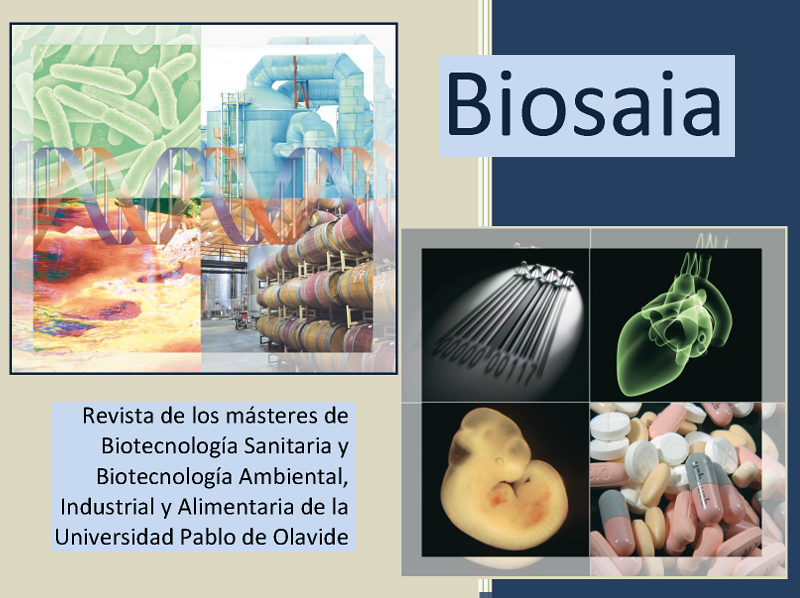Increasing oil accumulation in olive mesocarp: Cloning and characterization of phospholipid: diacylglycerol acyltransferase (PDAT) genes from olive fruit
Palabras clave:
PDAT; olive fruit; olive oilResumen
Motivation: To identify, characterize and study the regulation of genes and enzymes involved in the biosynthesis of triacylglycerols, in order to increase oil accumulation in olive mesocarp. In particular, to investigate the contribution of phospholipid:diacylglycerol acyltransferase (PDAT) genes (Dahlqvist et al., 2000).
Methods: Isolation of full-length cDNA clones by PCR, sequencing of amplified fragments, and sequence analysis using bioinformatic tools. Gene expression analysis using quantitative real-time PCR (qRT-PCR). Functional expression in a mutant of Saccharomyces cerevisiae (Sandager et al., 2002), using a yeast vector containing an inducible GAL1 promoter.
Results: A cDNA sequence, designated OepPDAT2, encoding phospholipid:diacylglycerol acyltransferase (PDAT) has been isolated from olive. Gene expression analysis has been performed in Picual and Arbequina cultivars using different olive tissues and in olive mesocarp under different abiotic stresses such as draught, low and high temperature, darkness and wounding. Overexpression in yeast is being carried out in a quadruple mutant of S. cerevisiae that cannot synthesize triacylglycerols to confirm gene identity.
Conclusions: Sequence analysis suggests that the OepPDAT2 gene encodes a PDAT enzyme. Gene expression analysis in olive seed and mesocarp tissues indicates that OePDAT2 participates in triacylglycerol synthesis during development and ripening of olive fruit, and it is transcriptionally regulated by different environmental factors





